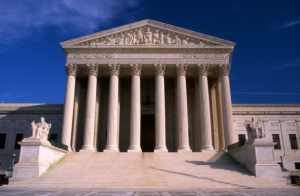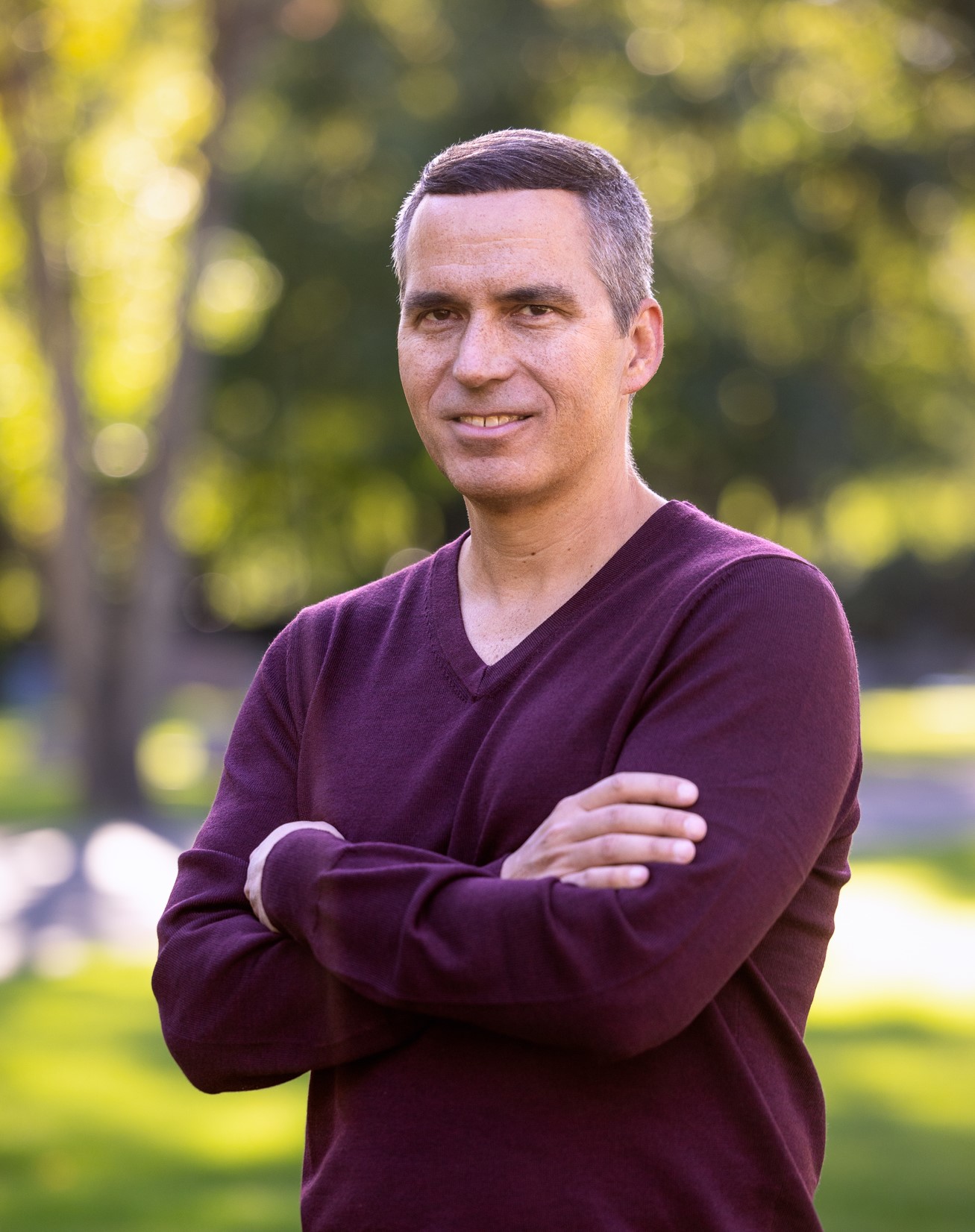
by Wilton H. Strickland
For a long time it has been understood in federal practice that it is not necessary to provide detailed expert disclosure regarding the opinions to be offered by medical providers at trial, given that they are a species of fact witness who testify as to the treatment they themselves administered. Only a retained expert offering pure opinion testimony needed to be disclosed, specifically through a detailed report required by Rule 26(a)(2)(B) of the Federal Rules of Civil Procedure. As a consequence, the typical expert disclosure merely names the medical providers and states that their testimony is reflected in the medical records produced during discovery.
This is no longer allowed. In December of 2010, a new Rule 26(a)(2)(C) went into effect and states that the expert disclosure must identify the subject matter, as well as the facts and opinions, to be offered by an expert witness who is not otherwise required to give a report. A number of decisions have cropped up since then excluding medical-provider testimony where such disclosure is not given. The rationale is that the opposing party should not have to engage in what the courts have called an “Easter egg hunt” through reams of documents to deduce what the medical providers might say at trial. Unless the producing party can demonstrate that its failure to disclose was “substantially justified” or “harmless,” the testimony will be excluded from trial.
I speak from personal experience on this. Not long ago I stumbled on this issue and prepared a motion in limine before the U.S. District Court for the District of Montana to exclude evidence of a plaintiff’s cervical-fusion surgery, a major aspect of the case, arguing in part that the plaintiff’s expert disclosure did not specify the testimony to be offered by the medical providers. On August 16, Judge Donald Molloy handed down an order granting the motion on that basis alone, noting that the plaintiff erroneously clung to pre-Rule 26(a)(2)(C) practices and did not explain why his failure to disclose was substantially justified or harmless.
So be cautious out there, and take the time with your expert disclosures to summarize what your medical providers will say on the stand.


